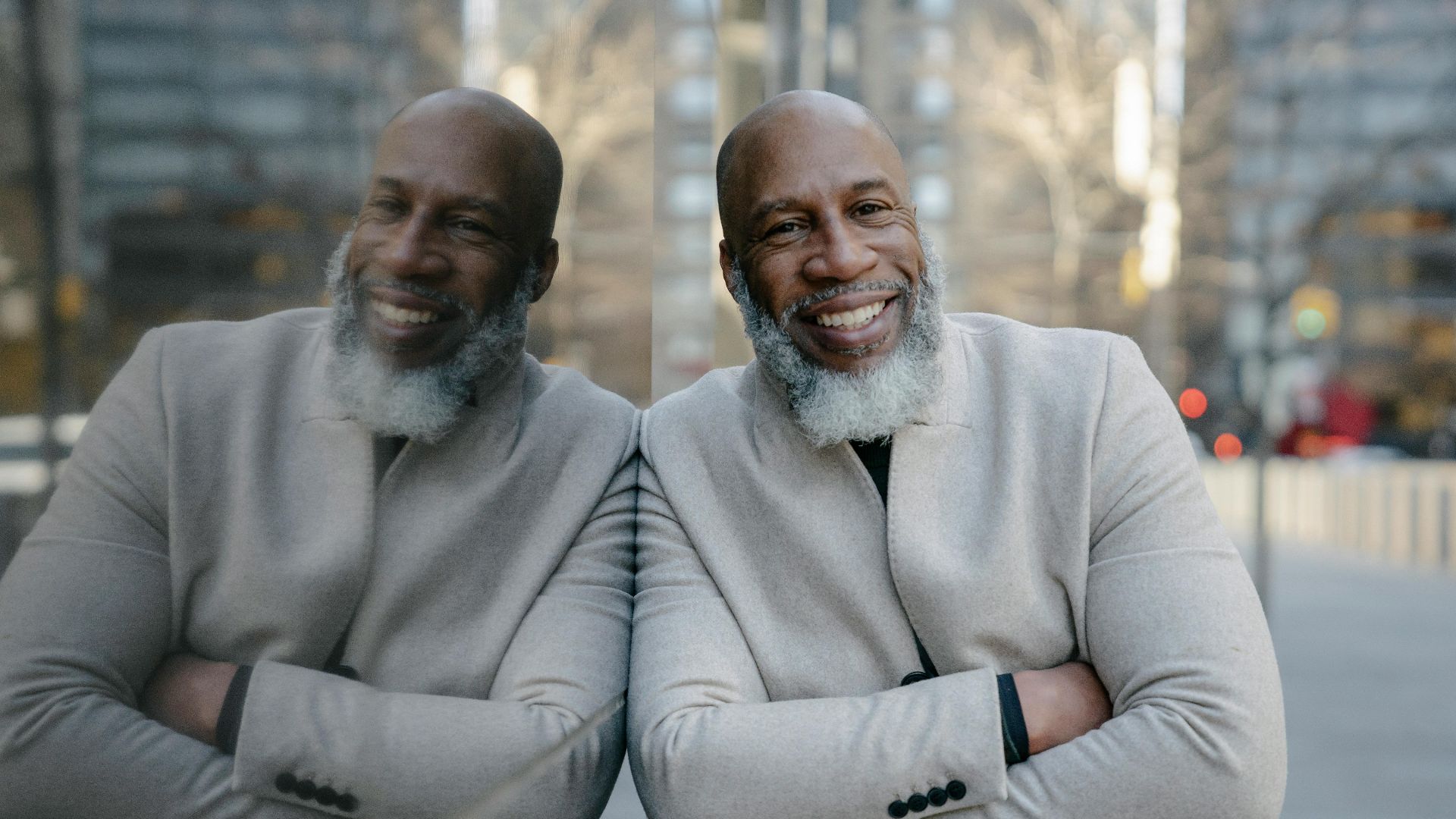The Mind’s Subtle Magic in Everyday Life
We don’t think of ourselves as amateur psychologists, but we are. Every gesture, every pause, every sidelong glance is part of the theater we put on for one another. Sometimes this performance is deliberate on our part, although often it’s completely involuntary. These little tricks slip out unconsciously, not as schemes or deliberate manipulations, but as reflexes that have been built into our social instincts. Social psychology calls them heuristics, shortcuts. Neuroscience calls them automatic responses. Here are twenty of these psychological sleights of hand that we use every day, often without realizing it.
1. Mirroring Without Thinking
You lean forward, they lean forward. You cross an ankle, so do they. This is called the chameleon effect. Our brains reward similarity with oxytocin, a hormone often acknowledged for its role in love or bonding. This instinct toward mimicry is baked deep into our primal brains.
2. The Strategic Pause
Silence creates tension. Cognitive psychologists say our prefrontal cortex craves closure, so a pause after a statement often pushes the other person to overshare, simply to fill the silence. Negotiators often exploit this to improve their end of the deal.
 LinkedIn Sales Solutions on Unsplash
LinkedIn Sales Solutions on Unsplash
3. Lowering the Voice to Sound Certain
People instinctively drop the pitch in their voice at the end of a sentence to signal authority. Researchers studying vocal patterns call it “terminal lowering.” It triggers an association with dominance and confidence, much like how larger animals use deep growls to assert their strength.
 LinkedIn Sales Navigator on Pexels
LinkedIn Sales Navigator on Pexels
4. The Compliment Cushion
Ever been on the receiving end of a compliment laced with an insult? Social psychologists frame it as face-saving behavior. We unconsciously pad criticism with praise to reduce the impact of the negative remark. Survival once depended on keeping the tribe together, so we still tend to sugarcoat things to maintain cohesion.
5. The Tilted Head of Agreement
You’re listening to someone and find yourself nodding and offering a nondescript “mm-hmm,” often before you’ve even fully processed what was said. It’s our empathy circuitry on autopilot, encouraging us to sympathize with the person across from us.
6. Touching Objects Instead of People
Ever found yourself feeling nervous and you start fiddling with a pen or rubbing your hand against your pant leg? Psychologists liken it to “displacement gestures,” which help calm the nervous system by occupying your hands with inanimate objects. It tricks the amygdala into thinking the environment is safer than it feels.
7. Over-Explaining When Lying
It’s been said that telling the truth is easier because you don’t need to work to keep the lies straight in your mind. Lying puts the brain under stress, causing our working memory to falter and add extra details to create a dimension of credibility. Research shows truthful answers tend to be shorter, while false ones often overflow with unnecessary context.
8. The Half-Smile Defense Mechanism
That odd, inappropriate grin we flash when delivering bad news is an unconscious attempt to regulate the other person’s emotional response. Psychologists call this “affect management.” Without meaning to, our expression is an attempt to soften the words, hoping the mirror neurons will soften the listener’s reaction.
9. “Accidental” Name Dropping
Mentioning who we know, often unnecessarily, is tied to social proof. Humans are wired to place more weight on information linked to credible or high-status figures, so dropping a name isn’t always a reflection of an inflated ego. Sometimes, it’s our subconscious mind trying to establish legitimacy for our argument.
10. Shrinking or Expanding the Body
Power poses aren’t just stereotypes we see in the movies. Whether you’re standing with crossed arms or sprawled out in a chair, your feet on a desk, research shows that body posture affects cortisol and testosterone levels, subtly shifting confidence. Our bodies often involuntarily broadcast our sense of rank within a group, whether we’re top of the pile or on the lower end of the hierarchy.
11. Echoing Word Choice
Someone says, “That’s tricky,” and a few seconds later you reply, “Yeah, definitely tricky.” Linguists call this lexical alignment. It’s the axle grease of conversation, a form of social lubricant signaling philosophical alignment. The other person rarely notices consciously, but their brain registers it as rapport.
 Jarritos Mexican Soda on Unsplash
Jarritos Mexican Soda on Unsplash
12. The False Consensus Trick
It’s easy to slip into the assumption that everyone thinks like us and shares our opinions. That’s the false consensus effect, a cognitive bias. By projecting our view as commonplace or universal, we nudge others to conform to our viewpoint, oftentimes without ever realizing it.
13. Laughing a Beat Too Soon
Ever catch yourself laughing before the punchline? Anticipatory laughter shows the group you’re included in the joke and serves as a survival-era tactic to avoid exclusion. Neuroscience finds laughter often begins as a signal of belonging rather than pure humor.
 OurWhisky Foundation on Unsplash
OurWhisky Foundation on Unsplash
14. The Sideways Compliment
Someone says to you: “You’re so confident…I could never pull that off.” While technically this counts as praise, it comes with a subtle self-deprecatory twist. Social psychologists argue this little put-me-down lowers the risk of coming across as threatening and makes admiration more palatable.
15. Echoing Emotional Intensity
Someone whispers, you whisper back. Someone vents loudly, and your volume creeps up. This is known as emotional contagion, and studies show it’s linked to mirror neuron activity and amygdala synchronization. People catch each other’s moods the same way we start yawning when they do.
16. Pretending to Forget Names
Ever notice how people sometimes forget names they actually remember? This little performative act of amnesia is a subtle way of reasserting power. Psychologists tie it to dominance hierarchies. By making others reintroduce themselves, we tilt the dynamic ever so slightly in our favor.
17. The Deliberate Understatement
We all know that one unflappable person who never seems impressed and describes a once-in-a-lifetime event as “okay.” Understatement, psychologists say, works as impression management. By downplaying, we make others lean in, probing for more.
18. Over-Nodding in Job Interviews
Job candidates often nod too much, unconsciously trying to trigger reciprocity in their interviewer. Social exchange theory explains that nodding feels like a gift of validation, and people subconsciously expect a return gift—whether that’s approval in the moment or a job offer.
19. Asking Questions Already Answered
We do this constantly. Someone tells us they’re a teacher and two minutes later we say, “So you’re a teacher?” It’s not inattentiveness. Psychologists suggest it’s a rapport trick, prompting the other person to expand. It leaves no mystery as to whether or not you’re paying attention.
20. The Polite Fake Agreement
“Yes, totally,” while planning to do the opposite. Social scientists call this surface acting, a form of emotional labor. It’s not malicious, just survival in social groups where constant honesty would be chaos.
























